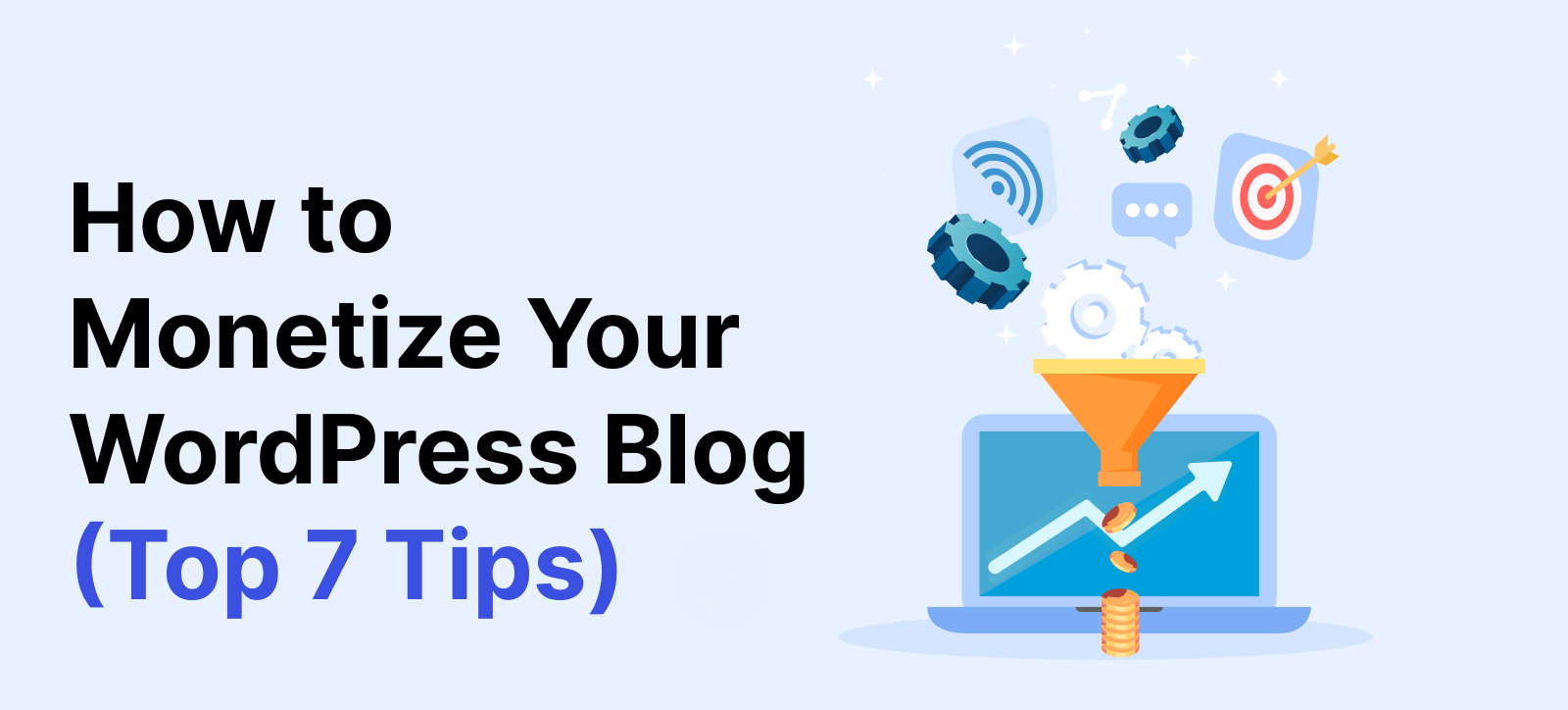How to Monetize Your WordPress Blog Effectively
Introduction
In today’s digital age, having a WordPress blog is a powerful tool for expressing ideas, sharing experiences, and even making money. Today, we understand the importance of leveraging your blog to its fullest potential, not only in terms of engagement but also in generating revenue. In this comprehensive guide, we will delve into actionable strategies to help you monetize your WordPress blog effectively.
Choosing Profitable Niches
Selecting the right niche for your WordPress blog is crucial for attracting a targeted audience and potential monetization opportunities. Conduct thorough keyword research using tools like SEMrush or Ahrefs to identify profitable niches with high search volume and low competition. Consider factors such as audience interests, market trends, and your expertise when finalizing a niche.
High-Quality Content Creation
Creating compelling and valuable content is the cornerstone of a successful WordPress blog. Focus on producing in-depth articles, tutorials, guides, and multimedia content that resonate with your target audience. Incorporate relevant keywords naturally within your content to improve search engine visibility and attract organic traffic.
Building a Strong Brand Identity
Establishing a strong brand identity for your WordPress blog is essential for attracting loyal followers and potential monetization opportunities. Design a professional logo, choose a cohesive color scheme, and create a memorable tagline that reflects your blog’s purpose and values. Consistently use these elements across your blog, social media profiles, and marketing materials to build brand recognition.
Monetization Strategies
- Display Advertising: Utilize ad networks such as Google AdSense, Media.net, or AdThrive to display targeted ads on your WordPress blog. Optimize ad placements for maximum visibility and click-through rates.
- Affiliate Marketing: Partner with relevant brands and promote their products or services through affiliate links within your content. Write honest reviews, comparisons, and tutorials to encourage conversions.
- Sponsored Content: Collaborate with companies or brands to create sponsored posts, reviews, or sponsored social media campaigns. Disclose sponsored content transparently to maintain credibility.
- Digital Products: Create and sell digital products such as eBooks, courses, templates, or software related to your niche. Use platforms like WooCommerce or Easy Digital Downloads for seamless transactions.
- Membership/Subscriptions: Offer premium content, exclusive resources, or membership perks through subscription-based models. Use plugins like MemberPress or Restrict Content Pro to manage memberships.
Implementing SEO Best Practices
Optimizing your WordPress blog for search engines is crucial for increasing organic traffic and improving visibility. Follow these SEO best practices:
- Conduct keyword research and use relevant keywords in titles, headings, meta descriptions, and throughout your content.
- Optimize site speed, mobile responsiveness, and user experience to reduce bounce rates and improve rankings.
- Create an XML sitemap and submit it to search engines for better crawling and indexing of your content.
- Build high-quality backlinks from reputable websites within your niche to improve domain authority and search rankings.
Leveraging Social Media and Email Marketing
Utilize social media platforms such as Facebook, Twitter, Instagram, and LinkedIn to promote your WordPress blog content, engage with your audience, and drive traffic. Implement email marketing strategies by building an email list, sending regular newsletters, and offering exclusive content or promotions to subscribers.
Analyzing Metrics and Iterating
Regularly monitor and analyze key metrics such as traffic sources, user engagement, conversion rates, and revenue generated from your WordPress blog. Use tools like Google Analytics, Google Search Console, and social media insights to gain actionable insights. Iterate and optimize your strategies based on data-driven decisions to maximize monetization opportunities and grow your blog’s success.
Conclusion
Monetizing your WordPress blog requires strategic planning, high-quality content creation, effective marketing strategies, and continuous optimization. By implementing the strategies outlined in this guide and staying updated with industry trends, you can build a profitable and sustainable blogging business. At [Your Company Name], we are committed to helping you achieve your blogging goals and maximize your online presence. Start implementing these strategies today and unlock the full potential of your WordPress blog!

